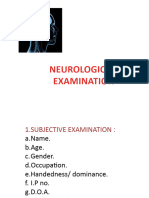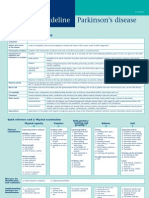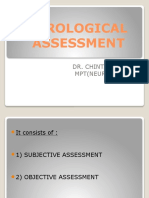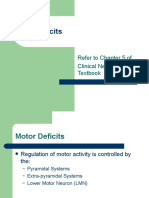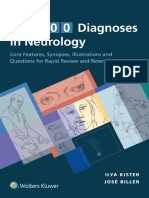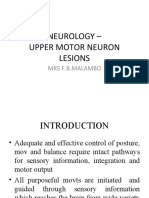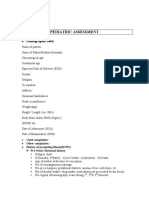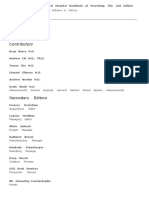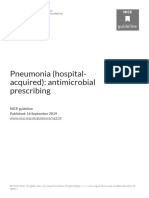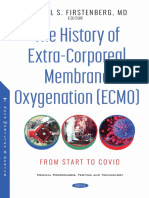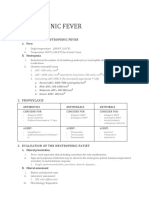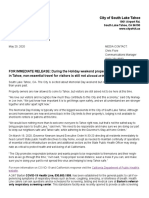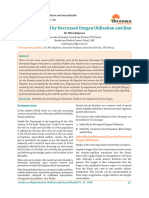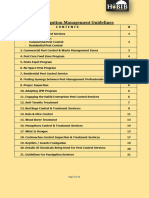0% found this document useful (0 votes)
8 views2 pagesText
The document provides a list of terms and phrases commonly used in medical contexts along with their potential rephrased alternatives. It emphasizes the importance of understanding different terminologies related to treatment, management, symptoms, and complications. The document serves as a guide for rephrasing to enhance clarity and comprehension in medical writing.
Uploaded by
yoyojeromesinghCopyright
© © All Rights Reserved
We take content rights seriously. If you suspect this is your content, claim it here.
Available Formats
Download as TXT, PDF, TXT or read online on Scribd
0% found this document useful (0 votes)
8 views2 pagesText
The document provides a list of terms and phrases commonly used in medical contexts along with their potential rephrased alternatives. It emphasizes the importance of understanding different terminologies related to treatment, management, symptoms, and complications. The document serves as a guide for rephrasing to enhance clarity and comprehension in medical writing.
Uploaded by
yoyojeromesinghCopyright
© © All Rights Reserved
We take content rights seriously. If you suspect this is your content, claim it here.
Available Formats
Download as TXT, PDF, TXT or read online on Scribd
/ 2




